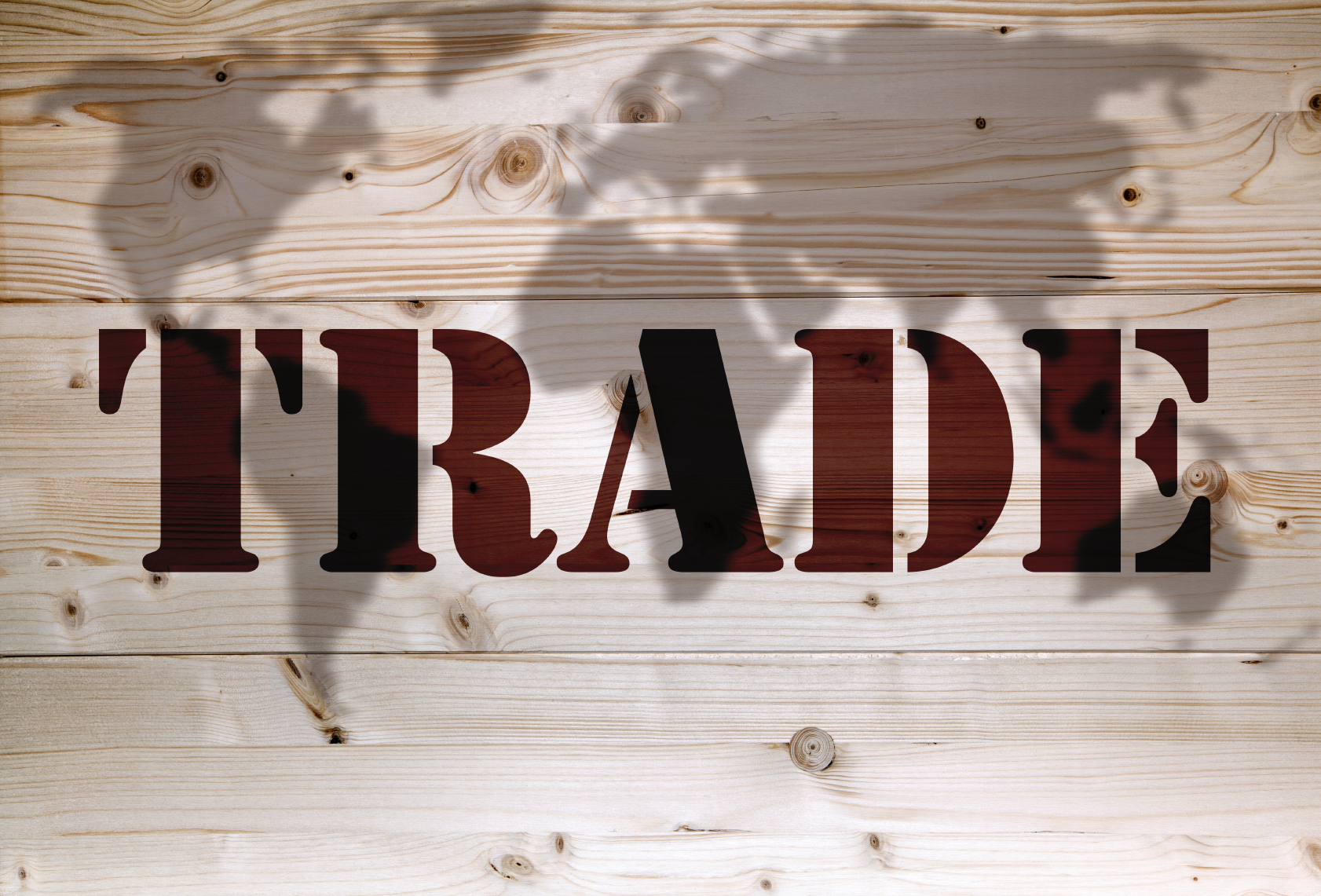U.S. Dairy Industry Supports Action by Congress to Repeal Country of Origin Labeling
May 20, 2015
 ARLINGTON, VA – American dairy products headed to Canada and Mexico could face stiffer tariffs – and ultimately, reach fewer foreign customers – unless Congress repeals Country of Origin Labeling (COOL) requirements for meat products that violate international trade rules, the National Milk Producers Federation and the U.S. Dairy Export Council said today.
ARLINGTON, VA – American dairy products headed to Canada and Mexico could face stiffer tariffs – and ultimately, reach fewer foreign customers – unless Congress repeals Country of Origin Labeling (COOL) requirements for meat products that violate international trade rules, the National Milk Producers Federation and the U.S. Dairy Export Council said today.
Under the World Trade Organization ruling announced Monday, “Canada and Mexico are entitled to retaliate against U.S. exports, and that could well include higher tariffs on U.S. dairy products,” said Jim Mulhern, NMPF president and CEO. He noted that Canada has already indicated it will target the U.S. dairy industry, while Mexico retaliated against U.S. dairy products in a past NAFTA finding against the United States.
America’s dairy farmers should not suffer collateral damage as a consequence of our COOL policy. The U.S. government needs to rectify this situation before we lose any export customers,” Mulhern said.
“Mexico is our largest export market, and Canada is also a significant destination for U.S. dairy products,” said Tom Suber, president of USDEC. “At a time of softer global dairy demand, we need to be focused on ensuring we keep exports moving and doing all we can to avoid new roadblocks from being put in our exporters’ paths.”
The WTO will finalize by the end of the month the recent decision faulting U.S. COOL requirements, after which Canada and Mexico can formally request permission to retaliate against the United States. Retaliation will be determined by how much the two countries can raise tariffs to address their losses under the U.S. meat labeling requirement, which was first challenged by Canada and Mexico in 2009. A panel will have 60 days to review the tariff amount, although the United States, Canada and Mexico could discuss a settlement before the 60-day clock runs out. The United States could see retaliatory tariffs by late summer or fall.
NMPF and USDEC are among a long list of food and agriculture organizations supporting bipartisan legislation to head off retaliation by repealing country of origin labeling requirements enacted in 2002. H.R. 2393, introduced by House Agriculture Committee Chairman Michael Conaway (R-Texas), is scheduled for committee consideration today.
Mulhern said NMPF will also be educating both House and Senate members to make sure they understand that dairy will likely be hurt if steps are not taken to bring the United States into compliance with the WTO rules.
“With U.S. farmers relying more and more on exports for income, we cannot allow the country of origin labeling issue to interfere with increased dairy trade in the hemisphere,” Mulhern said.
###
The National Milk Producers Federation, based in Arlington, Va., develops and carries out policies that advance the well-being of U.S. dairy producers and the cooperatives they collectively own. The members of NMPF’s cooperatives produce the majority of the U.S, milk supply, making NMPF the voice of nearly 32,000 dairy producers on Capitol Hill and with government agencies. For more on NMPF’s activities, visit www.nmpf.org.
The U.S. Dairy Export Council is a non-profit, independent membership organization that represents the global trade interests of U.S. dairy producers, proprietary processors and cooperatives, ingredient suppliers and export traders. Its mission is to enhance U.S. global competitiveness and assist the U.S. industry to increase its global dairy ingredient sales and exports of U.S. dairy products. USDEC accomplishes this through programs in market development that build global demand for U.S. dairy products, resolve market access barriers and advance industry trade policy goals. USDEC is supported by staff across the United States and overseas in Mexico, South America, Asia, Middle East and Europe. The U.S. Dairy Export Council prohibits discrimination on the basis of age, disability, national origin, race, color, religion, creed, gender, sexual orientation, political beliefs, marital status, military status, and arrest or conviction record. www.usdec.org






